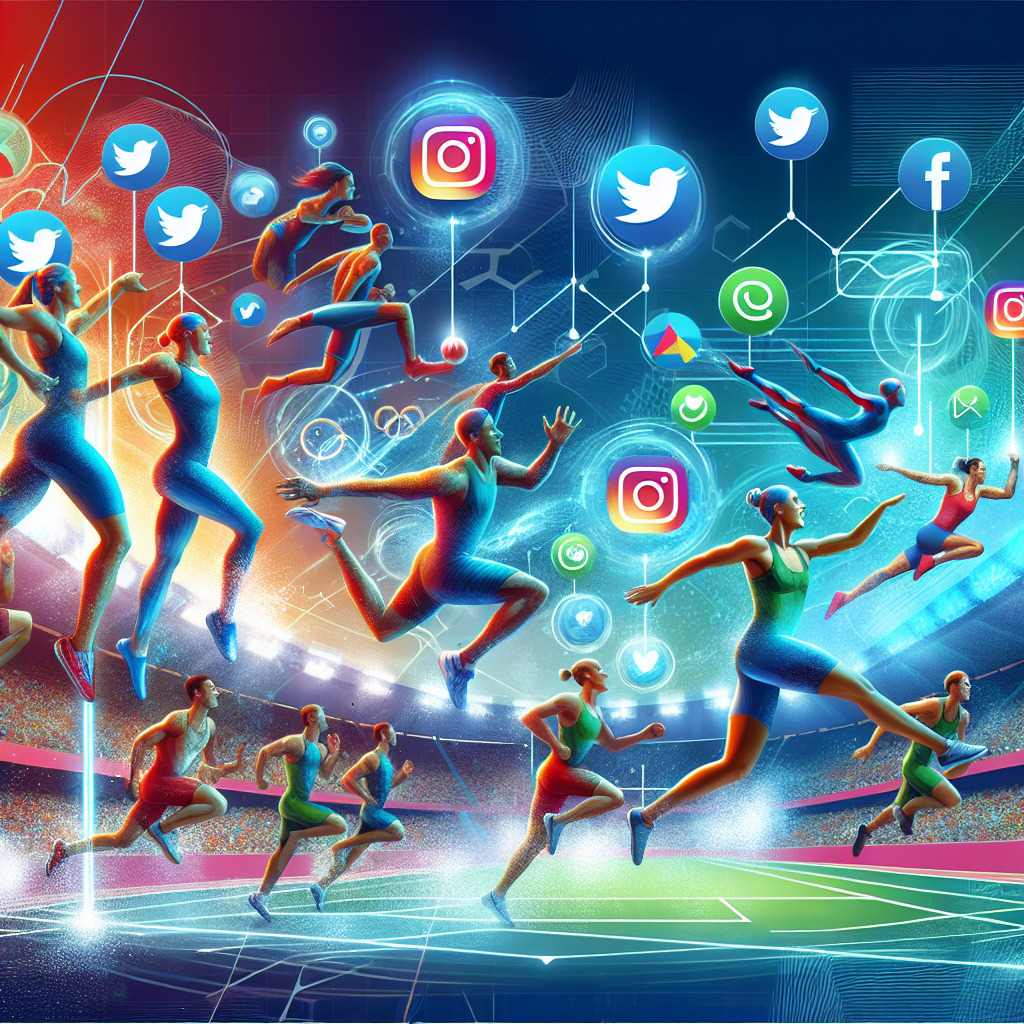Key Takeaways
The Importance of Social Media Monitoring
In the digital age, Olympic athletes are not just competing in their respective sports; they are also competing for attention and engagement on social media. Monitoring social media posts is no longer an option but a necessity. A single negative post can go viral and tarnish an athlete’s reputation, while positive engagement can significantly enhance their public image.
Building and Protecting Reputation
For an athlete, their reputation is as vital as their performance. The public perception of an athlete can influence sponsorship deals, media coverage, and overall career trajectory. Here’s why:
- Sponsorship Deals: Brands prefer to associate with athletes who have a clean, positive image. Regularly auditing social media helps ensure that no harmful post damages an athlete’s chances of securing sponsorships.
- Media Coverage: The media often scrutinizes athletes’ social media accounts for newsworthy content. Consistent positive engagement can attract favorable media attention.
- Fan Engagement: Engaging with fans builds a loyal community that supports the athlete both online and offline. This loyal following can be a valuable asset, especially during challenging times.
Steps for Effective Social Media Monitoring
To effectively monitor and manage their online presence, athletes should consider the following steps:
- Regular Audits: Conducting regular audits of social media accounts helps identify any potentially problematic posts or comments.
- Use of Tools: Utilize social media monitoring tools like Hootsuite or Sprout Social to keep track of mentions, comments, and tags.
- Engage Positively: Respond to positive comments and messages promptly. Thoughtful engagement can leave a lasting positive impression.
- Hire Professionals: If budget allows, hiring a professional PR team or a social media manager can be a worthy investment for managing online presence.
Training for Social Media Conduct
Just as athletes undergo rigorous physical training, they should also be trained on the do’s and don’ts of social media. This often includes guidelines on:
- Content Posting: What kind of content is appropriate to post, and what topics should be avoided.
- Privacy Settings: How to use privacy settings to control who sees their posts and personal information.
- Interaction Guidelines: How to interact with fans, media, and other stakeholders without getting into unnecessary controversies.
Resilience Against Cyberbullying and Negative Comments
Unfortunately, the high visibility of athletes also exposes them to cyberbullying and negative comments. Developing resilience against such negativity is crucial for mental well-being and maintaining a positive reputation. Here are some strategies:
- Ignore and Block: Ignoring negative comments and blocking persistent trolls can prevent the spread of negativity.
- Report Abuse: Platforms like Twitter and Instagram have reporting features to handle abusive comments and users.
- Mental Health Support: Seeking professional support to deal with the stress of online harassment can be beneficial.
Leveraging Social Media for Positive Impact
When used wisely, social media can be a powerful tool for creating a positive impact. Athletes have the platform to:
- Advocate for Causes: They can use their visibility to advocate for social causes they believe in, thereby enhancing their public image.
- Share Personal Journey: Sharing behind-the-scenes moments, training sessions, and personal milestones can create a deeper connection with fans.
- Collaborate with Brands: Partnering with brands for social media campaigns can be mutually beneficial and financially rewarding.
Case Studies: Successful Social Media Engagement
Several athletes have successfully enhanced their reputation through strategic social media use. For example:
- Simone Biles: Known for her positive and empowering posts, Simone uses her platform to advocate for mental health and share her journey, creating a deep connection with her audience.
- Michael Phelps: Phelps uses social media to promote water safety, share his fitness regimen, and engage with fans, making his profile a valuable asset for sponsors.
Conclusion: The Future of Social Media in Sports
Social media will continue to play a significant role in the careers of Olympic athletes. By actively monitoring and managing their social media presence, athletes can safeguard their reputation, secure lucrative sponsorship deals, and build a loyal fan base. In this digital era, the significance of a robust and positive online presence cannot be overstated. Athletes who recognize and adapt to this reality will undoubtedly gain a competitive edge, both on and off the field.

